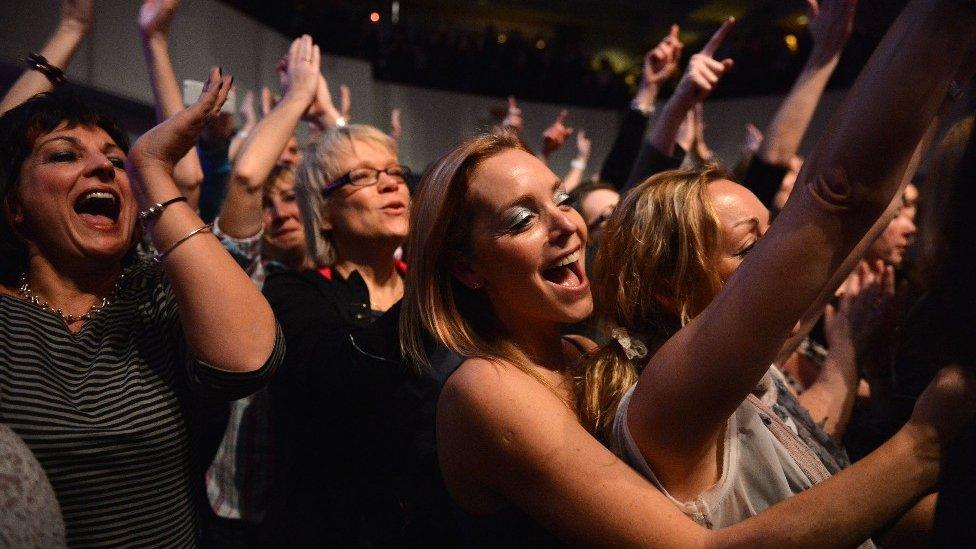'Save our small venues' plea amid government review
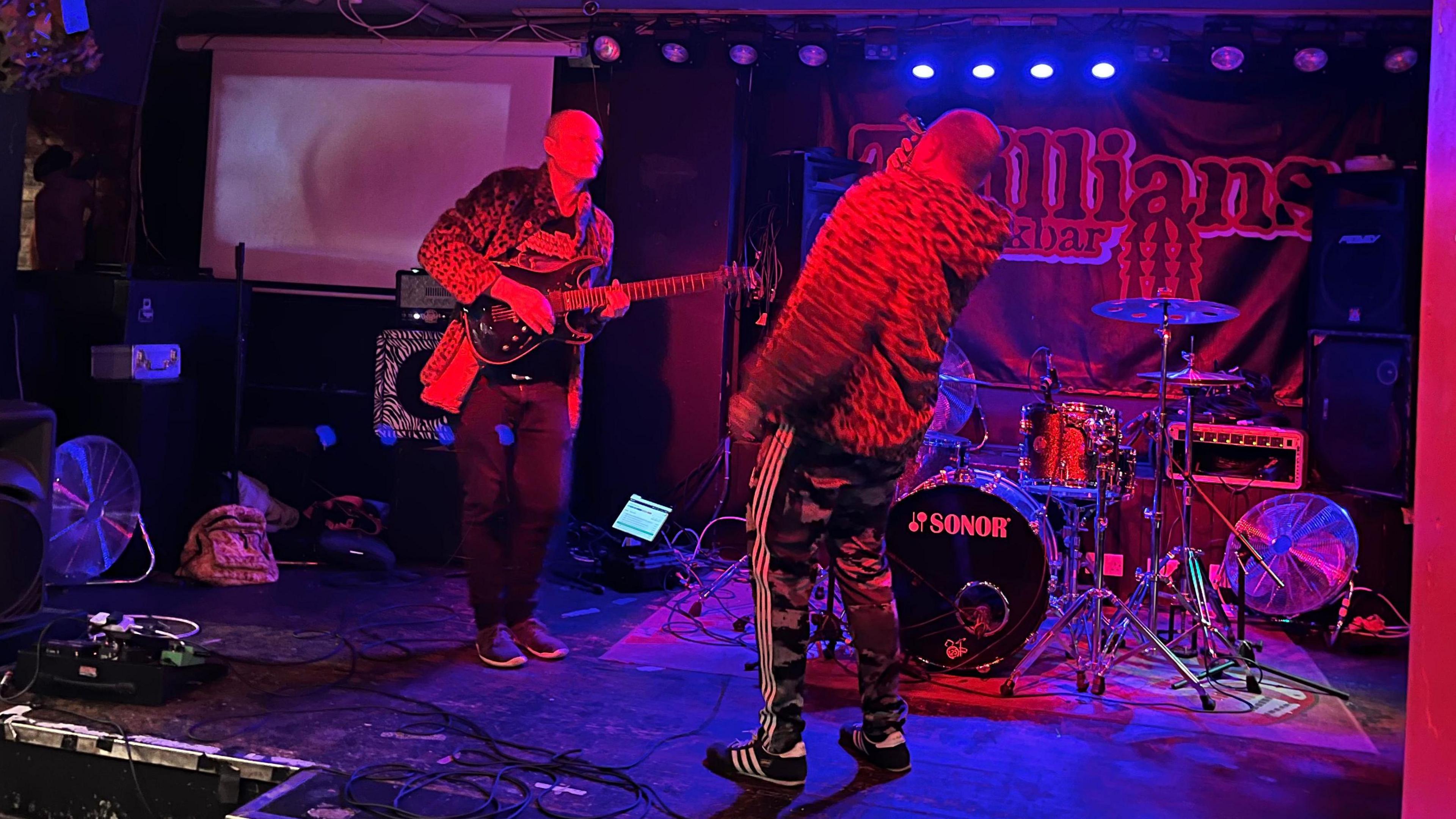
Trillians has played an important part in the local music scene for decades
- Published
Artists and promoters are calling for more support for grassroots music venues.
Pressure from soaring costs and post-pandemic problems have left scores of small music venues fearing for their future.
The Music Venue Trust says gig venues shut at a rate of two a week nationally in 2023, an issue now being examined by the government.
Promoters in north-east England told the BBC more action was needed to protect the region's "vital" venues.
'Pricing out'
On a wet Thursday night in Newcastle, two men walk on stage wearing Mexican wrestling masks to thrash out hardcore punk music.
The band is called MiNUSS. The audience, while not huge, is enthusiastic.
They are performing at Trillians Rock Bar, a long-established part of the North East's music scene.
The venue provides a stage for artists, and a space for music lovers to be themselves.
But there are concerns about the future of live music in places like Trillians.
Rising costs are putting pressure on artists and promoters, and the grassroots scene is reportedly still struggling with the after-effects of the pandemic.
Fears one small gig venue a week could be lost
- Published24 March 2023
"After Covid, it's been a lot harder," Craig Relf said.
He is the singer in hair metal headline act High Force, and a promoter.
"If you are booking bands that are more well established, it's no problem," he said.
"But a lot of venues are pricing out the local scene.
"A lot of local promoters put gigs on and they make some money, but not a lot, and most of the time they lose money."
Mr Relf said there were not many venues like Trillians left, where local bands were paid to perform.
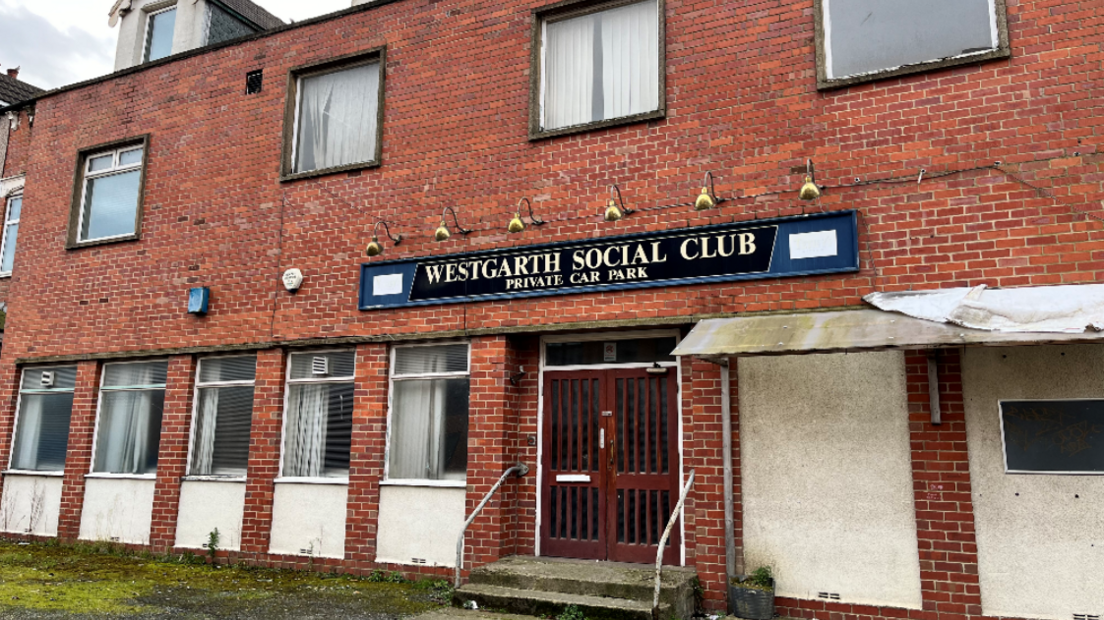
Once a thriving hub of live music, the Westgarth is one of a growing number of venues now standing empty
Middlesbrough's music lovers suffered a recent blow with the closure of the popular Westgarth Social Club, which had brought the likes of James Bay and Wolf Alice to the town.
"A lot of the indie bands that went on to be successful had some of their first gigs here," promoter Henry Carden told the BBC, as he stood outside the now empty venue.
The club's closure means the town is now without a medium-sized concert hall.
Mr Carden is part of the team behind Twisterella Festival, a multi-venue event about to mark its tenth anniversary.
"Of the venues we used in the first year, there's only the university still here," he said, and estimated the loss of up to five venues.
Trying to break out
Middlesbrough's music scene is not dead - there are gigs regularly held in cafes, galleries and large venues, like its town hall.
But artists say the lack of smaller, dedicated venues means it is difficult to build a following.
Singer songwriter Jodie Nicholson is trying to do just that.
“It’s such a massive part of artist’s development, especially trying to break out of a local scene,” she said.
“One of the key parts of that is being able to prove to promoters that you can sell tickets, sell out venues, and get to ever bigger capacities."
She is "further on" than playing in a 50-person space, but considers jumping to a 1,000-capacity venue "too big a leap".
“It’s hitting that sweet spot of 100-150 capacity," she said.
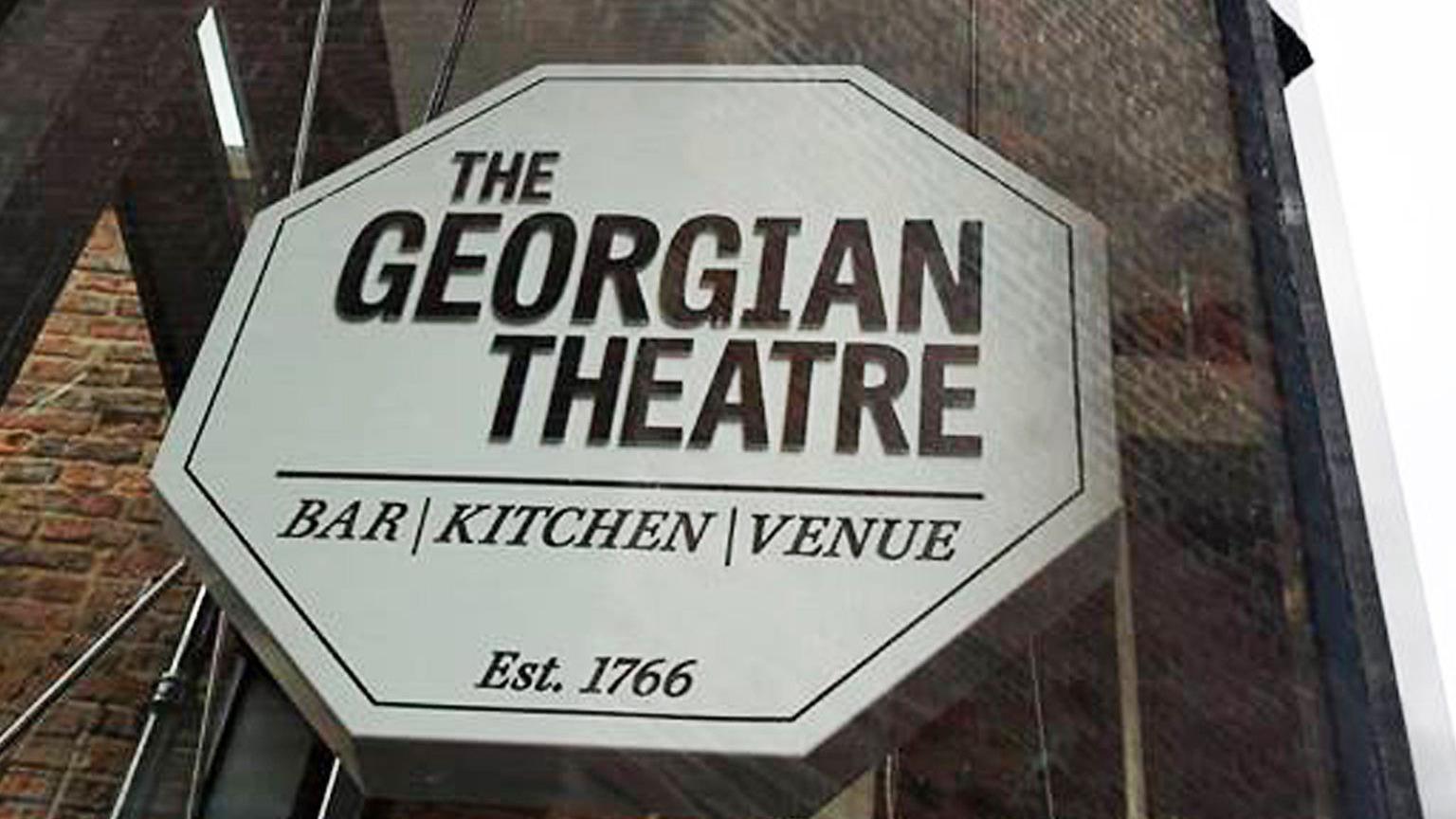
The Georgian Theatre in Stockton has played host to some of indie's biggest bands
In neighbouring Stockton, it is a different story.
It still has a number of medium-sized venues, including Ku Bar, NE Volume and the Georgian Theatre, where the likes of Arctic Monkeys and Sam Fender played on their rise to fame.
The Georgian's manager, Christopher Cobain, said it was vital to recognise the importance of such venues for local bands.
"For some local artists, playing the 300-capacity Georgian Theatre is like playing Wembley Stadium," he said.
Searching for support
A House of Commons select committee for culture, which includes Sunderland MP Julie Elliot, has been gathering evidence in an attempt to find a way to support grassroots venues.
Mr Cobain believes VAT relief and a levy on stadium and arena shows could help.
“On every ticket we sell there’s 20% VAT on, every pint we sell there’s VAT on. So a lot of our income goes out of the door straight away,” he said.
“And I think the music industry itself can do with looking internally – we’ve had artists who have started off at small venues like ours who are playing massive arenas.
"What could they do to pass that on to the smaller artists and venues?”
Back at the abandoned Westgarth Social Club, Henry Carden said long-term funding was needed.
“You might need, two, three, five, ten years, even, to realised what you are trying to do, and I don’t think a lot of the funding that’s available allows you to do that," he said.
The select committee's report is expected in the coming months.
Follow BBC North East on X (formerly Twitter), external, Facebook, external and Instagram, external. Send your story ideas to northeastandcumbria@bbc.co.uk.
- Published24 January 2024
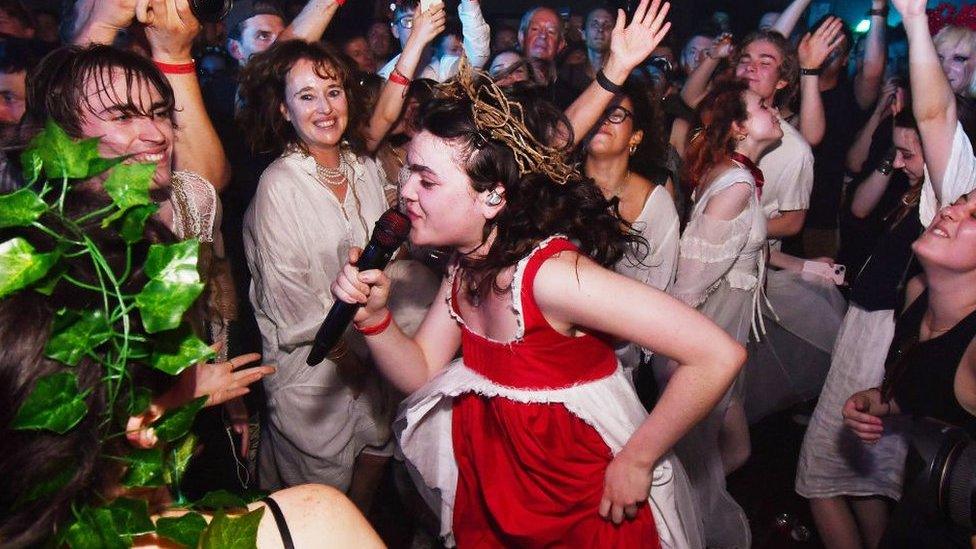
- Published10 April 2024
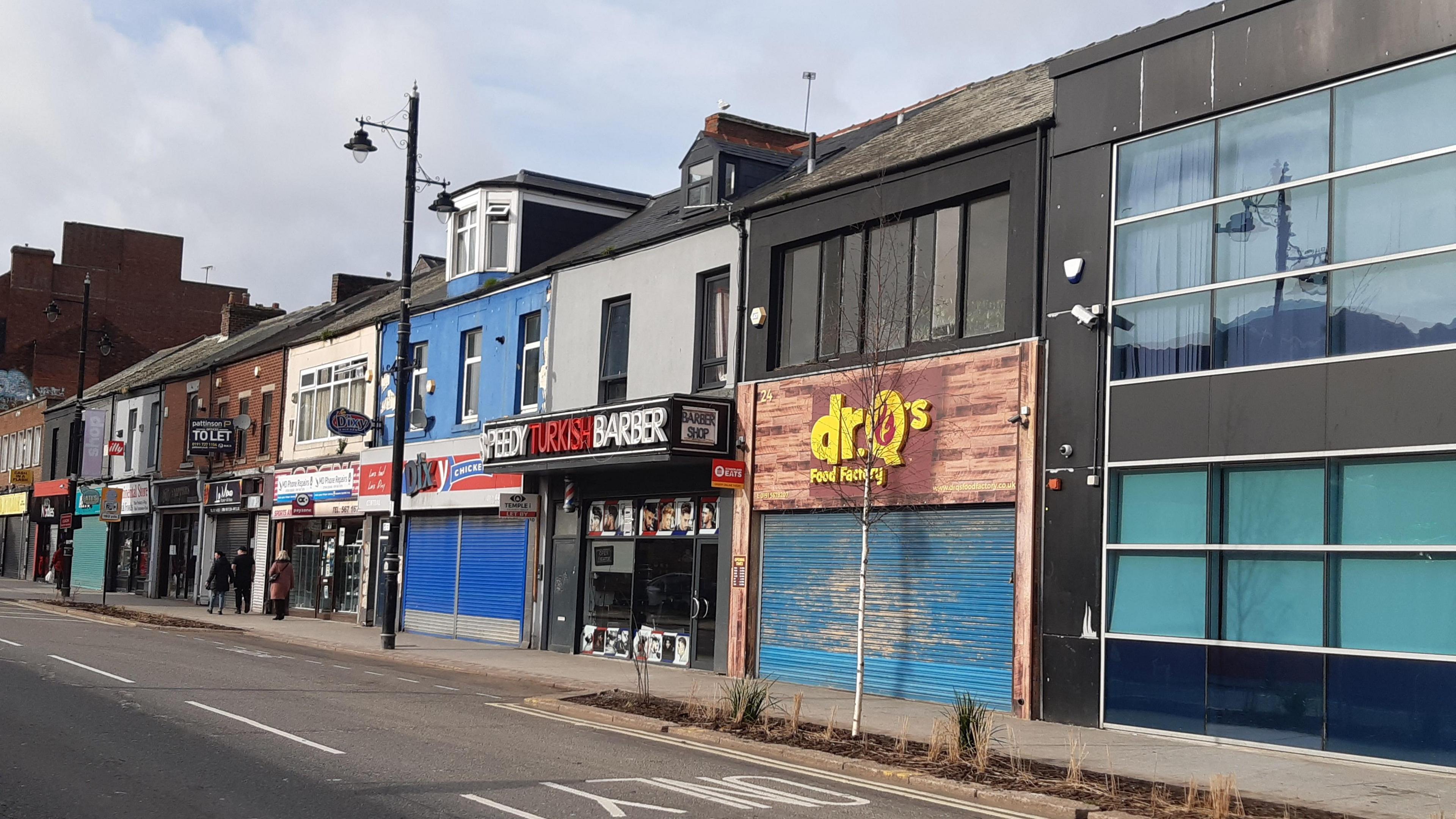
- Published4 October 2023
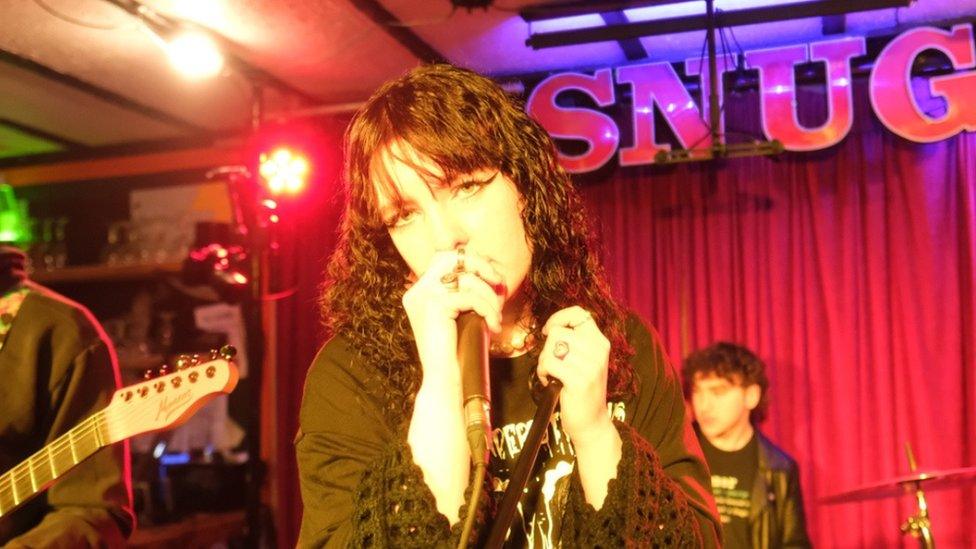
- Published31 January 2023
